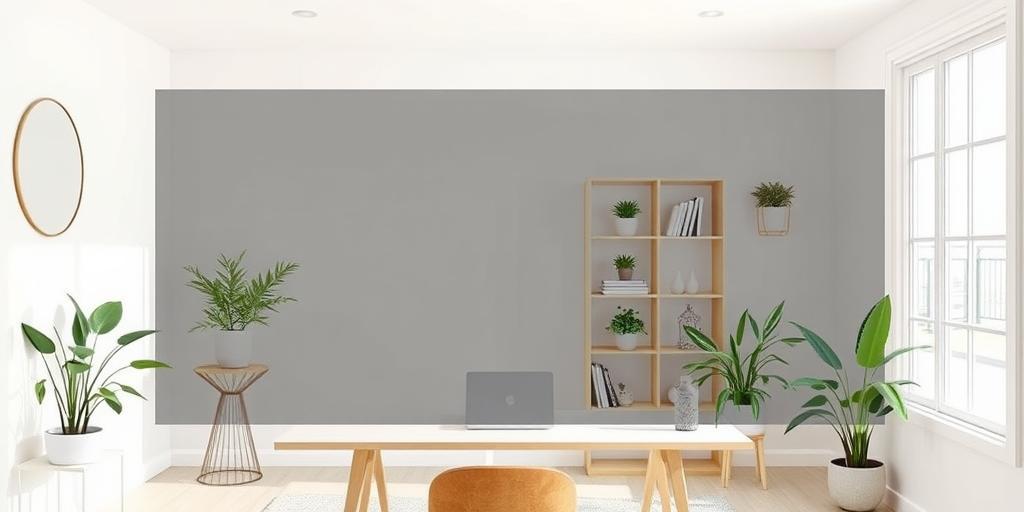Minimalism and Decluttering: A Lasting Trend in 2025?
Minimalism and decluttering have gained significant traction in recent years, but will these practices remain relevant in 2025? This article explores the factors contributing to their enduring appeal and examines their potential future trajectory.
The Rise of Minimalism
Minimalism, characterized by intentionally living with fewer possessions, has emerged as a response to consumerism and a desire for a more intentional lifestyle. Fueled by books, documentaries, and online communities, individuals are increasingly seeking ways to simplify their lives and reduce clutter.
Benefits of Decluttering
Decluttering, the process of removing unnecessary items from one’s living space, offers numerous advantages:
- Reduced Stress: A clutter-free environment can promote a sense of calm and reduce feelings of overwhelm.
- Increased Productivity: An organized space can improve focus and efficiency.
- Improved Mental Health: Decluttering can lead to a greater sense of control and accomplishment.
- Financial Savings: By being mindful of purchases, individuals can avoid unnecessary spending.
Factors Contributing to the Trend’s Longevity
Several factors suggest that minimalism and decluttering are not merely fleeting trends but rather represent a more profound shift in values:
- Environmental Concerns: As awareness of environmental issues grows, minimalism aligns with a desire to reduce consumption and waste.
- Financial Prudence: Economic uncertainty encourages individuals to be more mindful of their spending habits.
- Digital Minimalism: With the rise of digital devices and online distractions, individuals are seeking ways to disconnect and simplify their digital lives.
- Mental Well-being: As people prioritize mental health, decluttering offers a tangible way to reduce stress and anxiety.
Potential Challenges and Adaptations
While the future of minimalism appears promising, certain challenges and adaptations may arise:
- Consumer Culture: The pervasive influence of consumer culture may tempt individuals to revert to old habits.
- Personalization: Minimalism may evolve to incorporate personalized elements that reflect individual tastes and values.
- Technological Integration: Technology may play a greater role in decluttering, with apps and tools designed to help individuals manage their possessions.
Minimalism in 2025: A Sustainable Lifestyle Choice
In conclusion, minimalism and decluttering are likely to remain relevant in 2025 and beyond. As individuals increasingly prioritize environmental sustainability, financial prudence, and mental well-being, these practices offer a pathway to a more intentional and fulfilling life.
